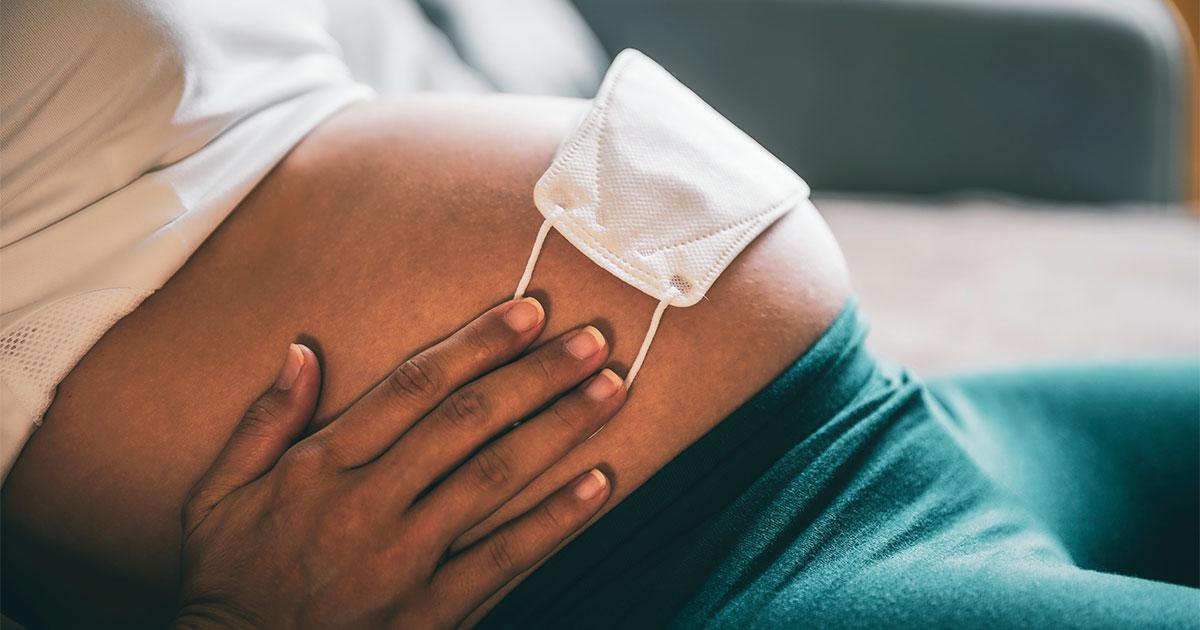RIO DE JANEIRO, BRAZIL – Among the 50 Brazilian cities with the highest risk of infection with Covid-19 in pregnant and postpartum women, seven are located in Ceará. They are: Cariré, Coreaú, Forquilha, Moraújo, Reriutaba, Sobral and Uruoca.
This information is contained in a scientific article written under the direction of researchers from the Federal University of Sergipe (UFS) and published this month in the journal ‘The Lancet’. The survey recorded cases and deaths caused by the disease in Brazil’s obstetric population during 16 months.

Statistical methods were used to identify the 50 municipalities in Brazil where Covid incidence rates are considered very high among pregnant and postpartum women between March 26, 2020, and June 26, 2021.
“We need to standardize incidence rates to make comparisons, so we use the coefficient for 100,000 live births,” explains Victor Santana Santos, a researcher, and lecturer at the Postgraduate Program in Health Sciences at the Federal University of Alagoas (UFAL).
In addition to Ceará, the cities with a high risk of infection for this population are located in the following states:
Paraíba (13 municipalities);
Amazonas (7);
São Paulo (7) ;
Rio Grande do Sul (6);
Minas Gerais (4);
Paraná (3);
Mato Grosso (2);
Santa Catarina (1)
In the analysis, the researchers examined the spatial distribution of covid-related cases and maternal deaths and the association of these occurrences with social determinants of health, such as the social vulnerability index.
“Statistical tests of spatial analysis were used to identify the 50 communities with the highest rates. It is the spatial analysis that identifies clusters and takes into account rates in surrounding communities,” Victor explains.
The data used for the study came from the Ministry of Health’s Influenza Epidemiological Surveillance Information System (SIVEP). There were 13,858 Covid-19 cases in pregnant and postpartum women in Brazil and 1,396 deaths in this population during this period.
Social Vulnerability Index, Human Development Index, percentage of people living in houses with inadequate water supply, sewerage and garbage collection, percentage of people without schooling, percentage of people living on a low income, unemployment rate, and others.
We also considered coverage by family health teams, outpatient clinics, the number of intensive care beds available before and during the pandemic, etc.
The study also considered social factors such as the percentage of people living in homes with inadequate water supply, sewerage, garbage collection, and unemployment rates. “Social determinants of health are the social, economic, cultural and behavioral factors that influence the occurrence of health problems and their risk factors in the population.”
Of the 5,570 Brazilian municipalities, Covid-19 incidence rates were below 211 per 100,000 live births in 3,435; 105 had between 2,210 and 3,884 cases, and 45 had between 3,884 and 7,418 cases. In the remaining 1,985 cities, no cases were registered in pregnant women or women who had given birth during the period studied.
Another finding of the study is the 15 Brazilian cities at higher risk for maternal deaths from Covid-19.
Minas Gerais leads the list with 4 cities, followed by São Paulo (3), Goiás (2), Mato Grosso do Sul (1), Amazonas (1), Roraima (1), Pernambuco (1), Bahia (1), and Rio Grande do Sul (1).

